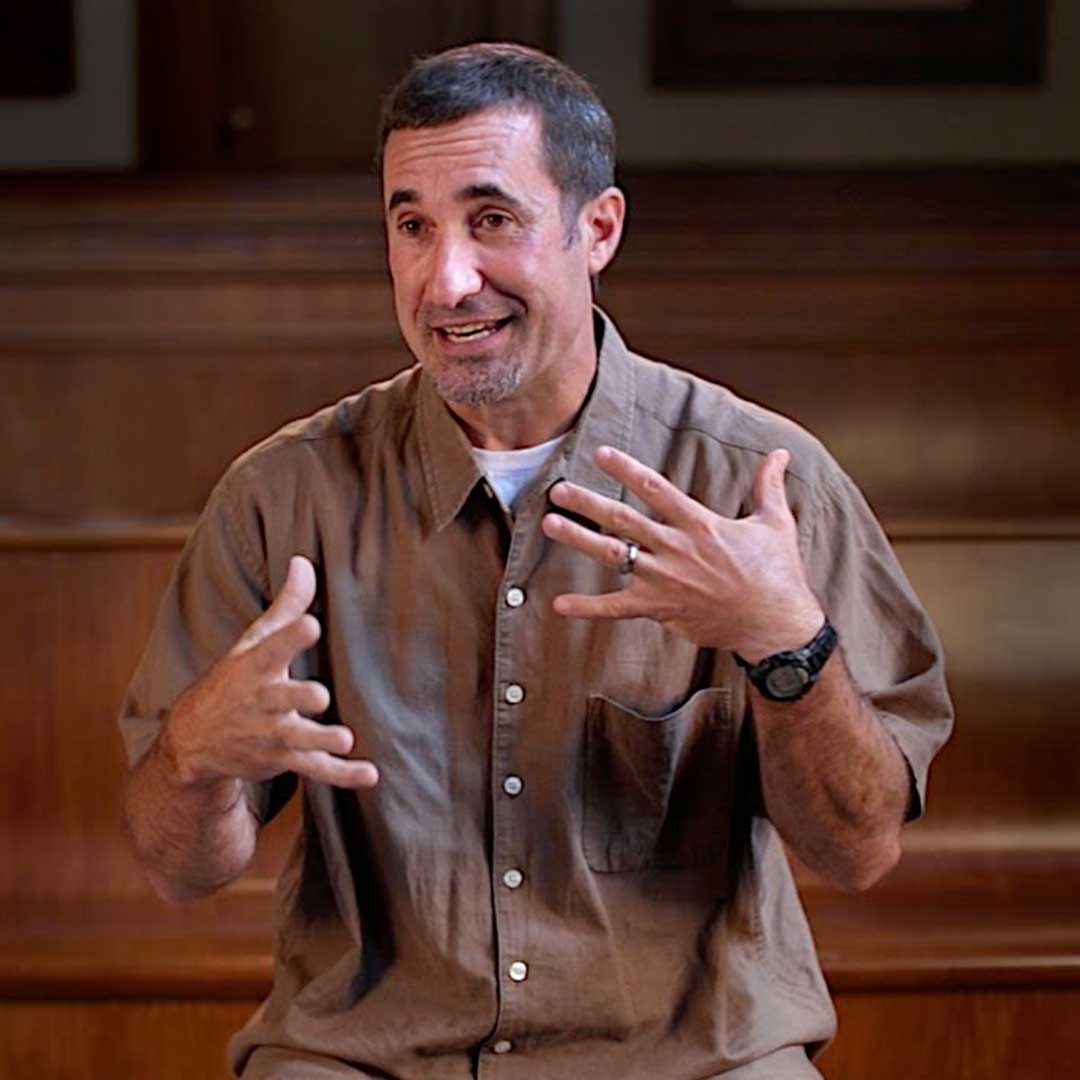
THIS ARTICLE IS FROM :
wwww.saturatetheworld.com
Editor’s note:
If you want to create a missional environment in your personal context, this article is exactly what you need to read. There are 10 markers conducive to discipleship training. Here are the 5 last. Enjoy !
If you want to know the points 1 to 5, please read the first part of this article by clicking here.
What kind of environment did Jesus create to develop His disciples?
6. Frequent and Long-Term
Matthew 4:18–23, 9:35–38; Luke 8:1, 8:22
It took Jesus three years of investment in the disciples before they were ready to minister and lead on their own. During those three years, they spent an incredible number of hours together.
Discipleship is not fast. It takes a lot of time, commitment, and sacrifice. A discipler must be with his or her disciples frequently and must care for them throughout the long term.
“Discipleship is not fast. It takes a lot of time, commitment, and sacrifice.”
Is it possible to disciple someone truly with the two to four hours a week that are spent together in most discipling relationships? How much time do you think it should take?
7. Experiential
Matthew 9:9–13, 9:18–33; Luke 8:26–56, 17:11–14
Most of the time Jesus spent with His disciples was in an experiential learning environment. They were living together, traveling together, eating meals together, ministering to the needs of people together, etc. Very little of their time spent together seems to be in what we would consider a formal learning environment.
People learn much more when they do something than when they just hear something. For this reason, we need to help people experience life lived in line with the gospel (Gal 2:14). We need to live closely with them outside of church gatherings, engaging in life, relationships, and ministry together.
How can your MC live and experience more together in a given week or month?
8. Individually Tailored
Matthew 14:28–31, 16:15–19, 26:36–38; Luke 9:28, 22:31–34
Though we see Jesus spending a great deal of time with the disciples as a group, we also see Him speaking specifically into the lives of individual disciples at different times and in different ways.
In addition to the need for the group dynamic, discipleship must have a personal nature, as well, because each person in a group has different needs, problems, passions, and spiritual gifts. Each person must be viewed individually, in the same way parents view the development of each of their children individually. We need the leading of the Holy Spirit to identify needs and see effective ways to meet those needs.
«Each person must be viewed individually, in the same way parents view the development of each of their children individually.»
How can you make sure you are giving regular and personal care to each member of your group based on his or her needs and personality ?
9. Modeled
Matthew 8, 9, 14:13–21; Luke 5:12–13, 13:10–17, 14:1–6
Though at times Jesus taught the disciples in more formal settings, it was His consistent example of love, servanthood, sacrifice, generosity, encouragement, worship, etc., that probably had the greatest impact on the lives of the disciples as they watched Jesus’ life.
Disciples need to see most of what is expected of them lived out in the day-to-day example of their discipler. If a person cannot see a model of what they should be doing, it will be difficult for them to do it well or to do it consistently himself or herself.
How can you model as much of a Christ-like lifestyle as possible for those you are discipling?
10. Expectation of Multiplication
Matthew 4:19, 10, 28:19–20; Luke 10:1–3, 10:17–20
It was Jesus’ strategy from the beginning that His disciples would be the foundation for the church and the foundation for the multiplication of followers of Jesus around the world.
As disciples teach others to obey all of Jesus’ commands, that includes His command to make disciples. Part of being a disciple of Jesus is making disciples of Jesus. This goal of multiplication, with “disciplee” becoming discipler, should be stated and expected from the beginning.
« Though every person is not a gifted leader, every person is spiritually gifted and called to be a discipler as part of some form of gospel-centered community on mission. »

Todd Morr, auteur
Todd is a jack of all trades, and as such, is hard to pin down. One moment he could be on a coaching call with a leader in South Africa, or helping think through some of the next resources that need to be developed, and the next moment on a plane to Europe or Australia. Todd spends LOTS of his time consulting with church leaders and their teams to assess where they need help and how they can move towards greater disciple-making effectiveness. This happens with churches all around North America and about 20 other countries. He also has a passion to see churches united in cities and learning to work together to see gospel influence spread in their cities. Todd lived in Eastern Europe for 11 years and has been serving church leaders internationally since 1994. Locally, he and his wife Hannah lead a Gospel Community in San Diego, as part of New City Church. They have five kids who love Jesus, sports, the outdoors, and spending time together as family.


